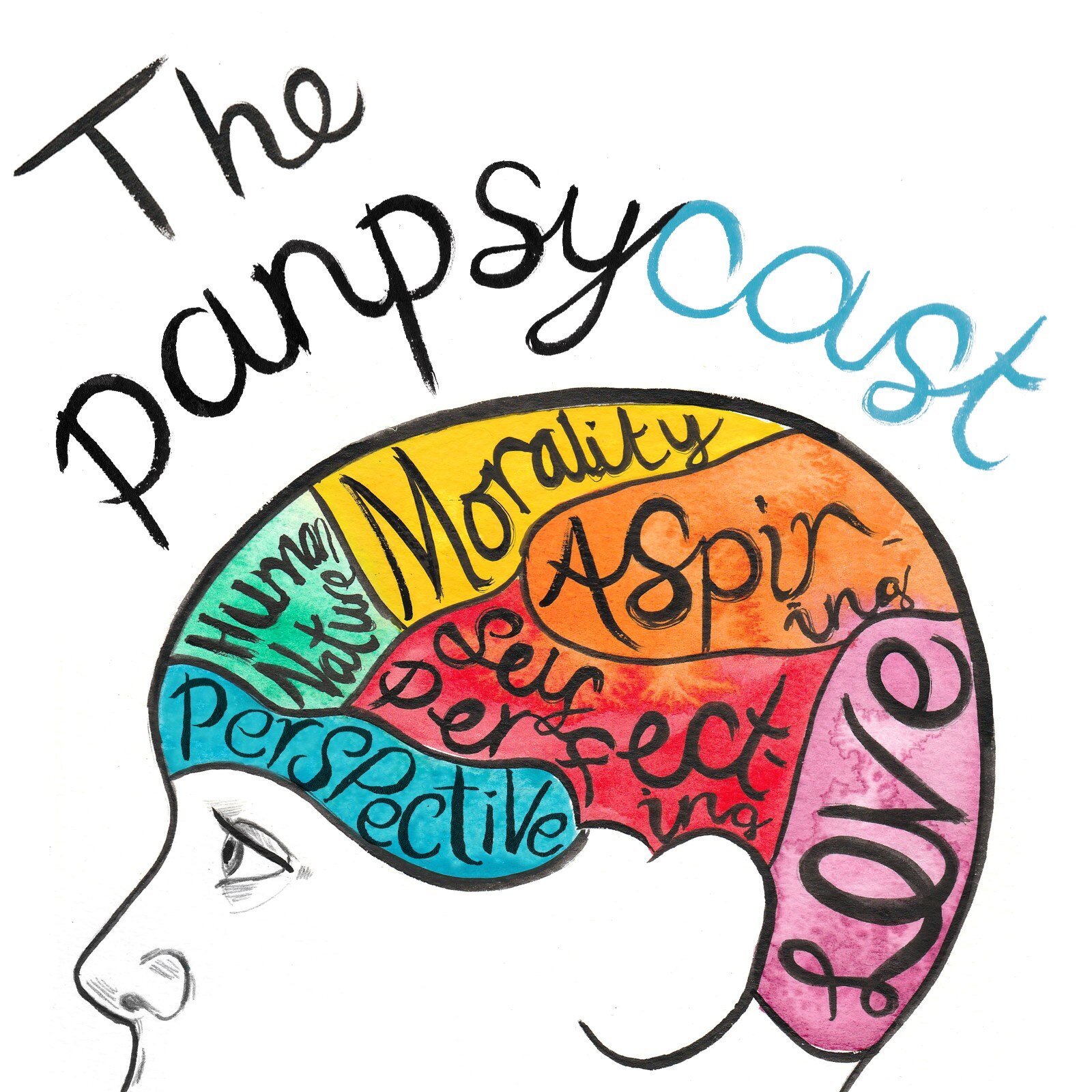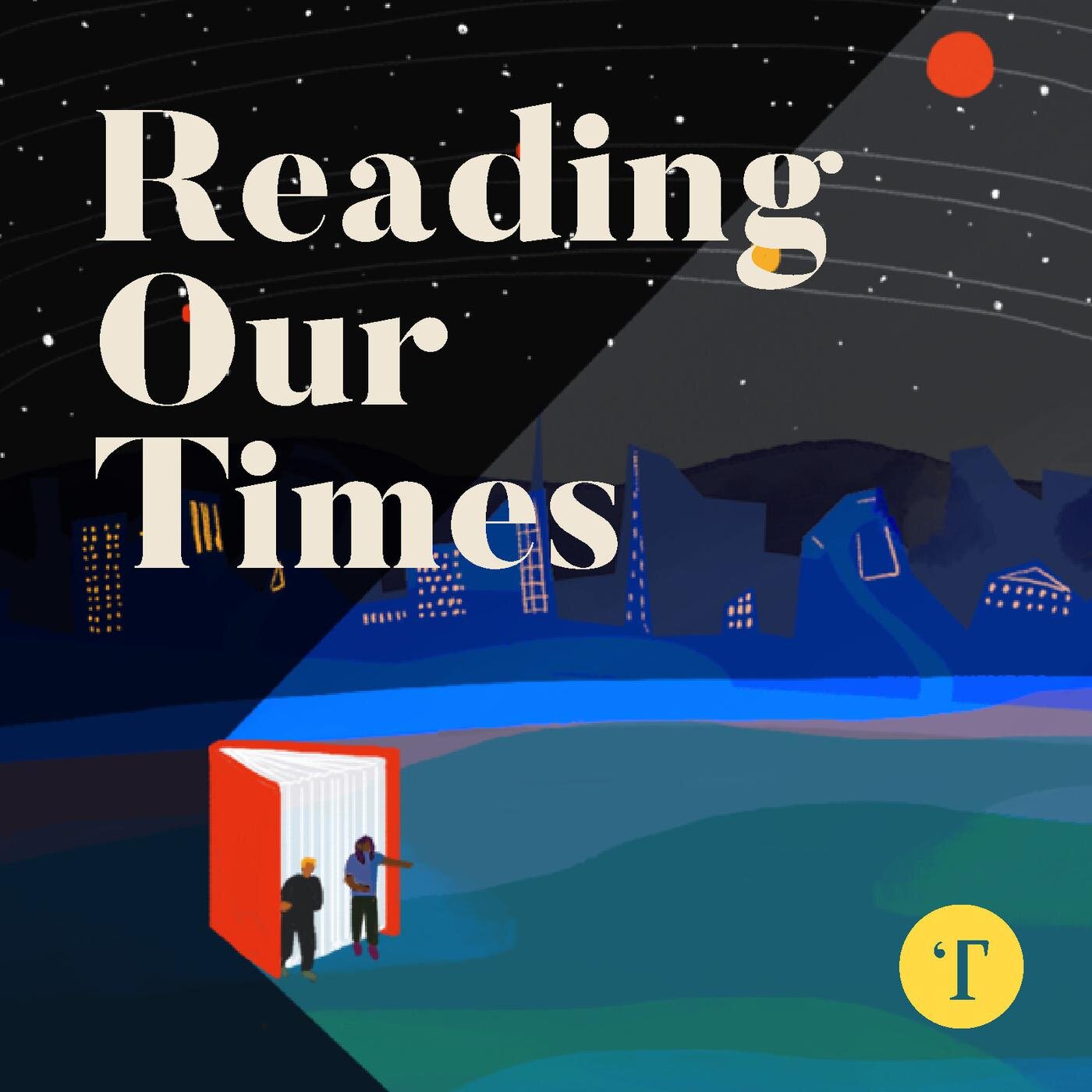Welcome to ‘Episode 138 (Part III of III)’, where we’ll be analysing Socrates’ speech, as well as engaging in some further analysis and discussion.
A Christmas party is where humanity’s deepest truths can be revealed. It’s a space where profound questions like "How much gravy is too much gravy?" “What is partridge doing in a pear tree?” mingle seamlessly with "What is the meaning of life?" The very act of gathering to celebrate is a tribute to our existential longing for connection, love, joy, and embarrassing drunken dance moves. Plato might have envisioned it as a quest for wisdom, but let’s be honest, sometimes the real enlightenment happens while debating who gets the last Brussels sprout.
Today, we're stepping into one of the most intriguing parties in philosophy — Plato’s Symposium. A gathering of Ancient Athens’ most brilliant minds, lounging on couches, wine flowing freely, engaging in an intense yet playful exchange about the nature of love. But make no mistake, this is no ordinary party. Hosted at the home of the tragic playwright Agathon, this gathering is filled with laughter, drama and impassioned speeches. A celebration of intellect and pleasure, a blend of wit, wisdom, and revelry. As the night goes on, the conversation turns from the playful to the profound. What insights do our guests discover? What, indeed, is love? So, grab a seat at the table—because in Plato’s Symposium, the ideas are nearly as intoxicating … as the wine.
The file size is large, please be patient whilst the podcast buffers/downloads/prepares for its speechNote
Please note that two of our microphones experienced technical difficulties. We appreciate your understanding and assure you that our usual high-quality audio will resume in the next episode.







